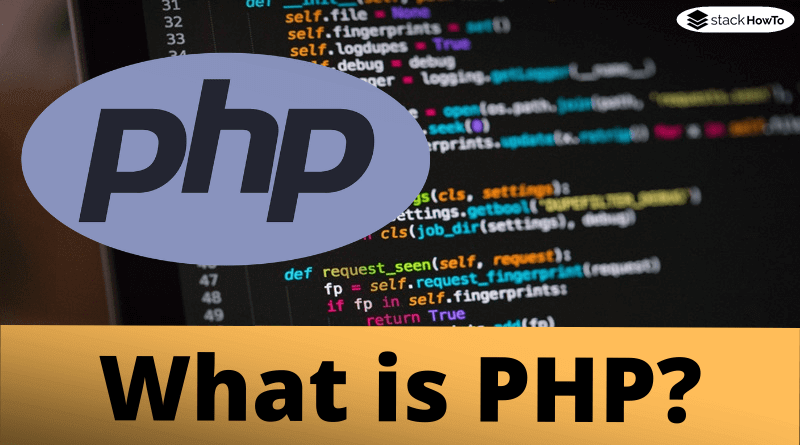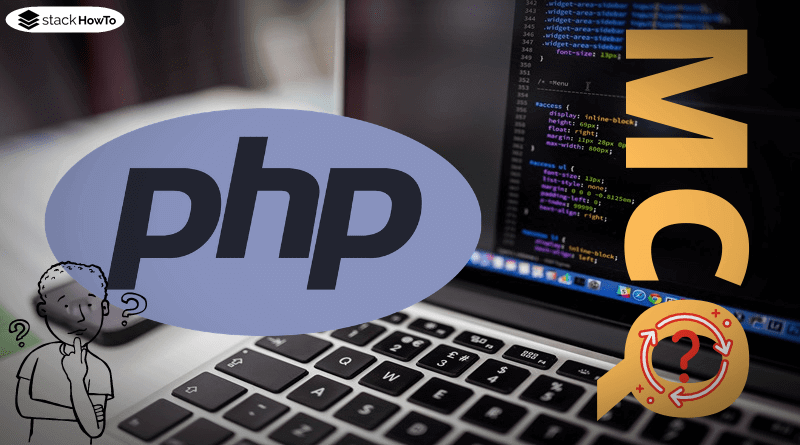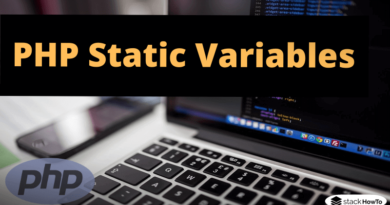What is PHP and how can I learn it?
Today, users expect your website to behave dynamically and that’s exactly what PHP is for. As a programming language, PHP enables any functionality that is provided in a user-friendly form for you as a programmer. PHP is a way to make the step from a static to a dynamic website.
What is PHP
PHP is a scripting language, so it is translated line by line into machine commands by an interpreter. On the Internet, PHP is behind over 80% of all websites, on whose web servers it is executed, and thus controls the behavior of the website.
What can PHP do?
PHP is a complete programming language, so it allows you to formulate any instruction that can be executed on a digital computer. On a web server, PHP uses local data and user input to create an HTML document that is displayed in the user’s browser. This functionality represents the difference to a static website, whose users are all shown the same HTML code.
PHP is executed by web servers such as Apache. For you as a programmer, this control of your website is especially easy because PHP has numerous function libraries and connections to internet protocols and databases.
How does PHP work?
Files with code written in PHP can be provided separately. But it is also possible to insert individual PHP commands into an HTML file. Using PHP in this way is particularly useful for simple functions such as displaying the date or time.
PHP vs Javascript
PHP and Javascript both help with the dynamic programming of websites – but are used very differently. PHP is mostly a server-side programming language, while Javascript is often a client-side programming language. This means that Javascript code is usually executed directly on a browser, while PHP triggers a server-side response. However, with the right Javascript Framework, it is also possible to execute Javascript code on a server-side.
What are the advantages of PHP?
PHP is a weakly typed language. This means that the type of variables does not have to be explicitly declared, but is deduced from the context when the program is executed. This makes programming in PHP more robust and easier, even though the weak typing also has its disadvantages.
Scripting languages usually run slower than compiled languages. If your web server is under heavy load, a PHP program to be executed for each user can slow down the loading of your website too much. One solution to this problem is to use compiled PHP code. This is translated into C code, which is executed much faster.
How can I learn PHP?
PHP is freely available, so you don’t have to pay any license fees. You can choose from a variety of books and online tutorials for the details.
A good idea for learning PHP is to add dynamic elements to your static website. Even simple dynamic functionality can greatly improve the user experience.
Conclusion
PHP is not only the basis for most dynamic websites, it also offers an interesting opportunity to gain initial experience in web programming. These first steps lead directly to large and professional systems. It is not for nothing that WordPress, Joomla, and Drupal are all programmed in PHP.






